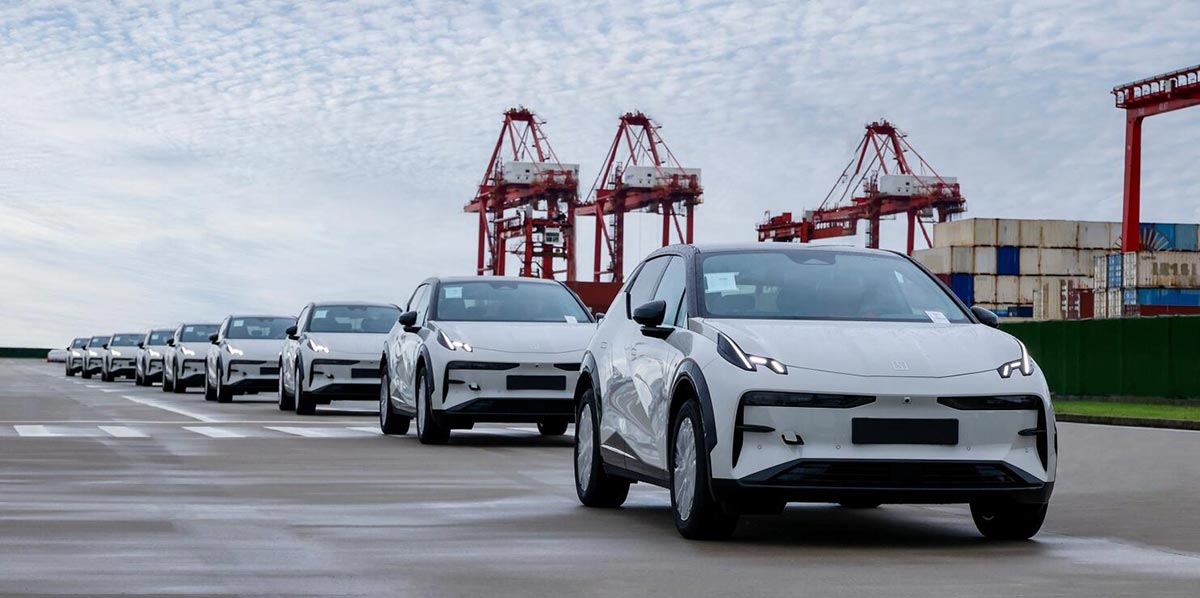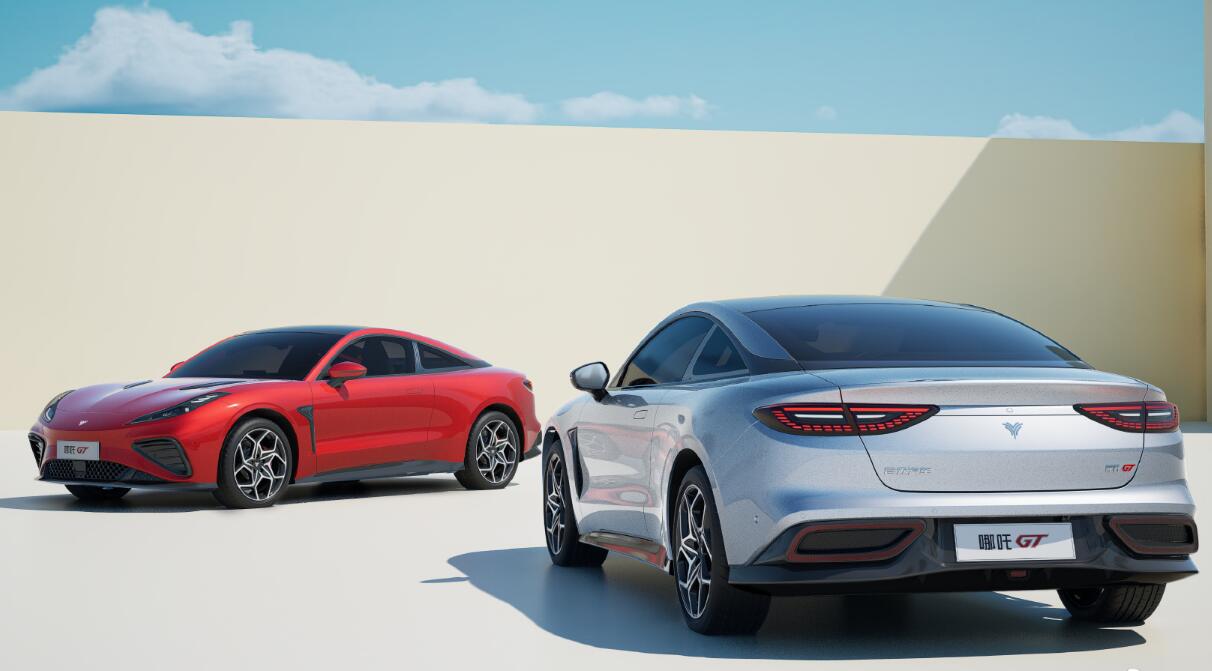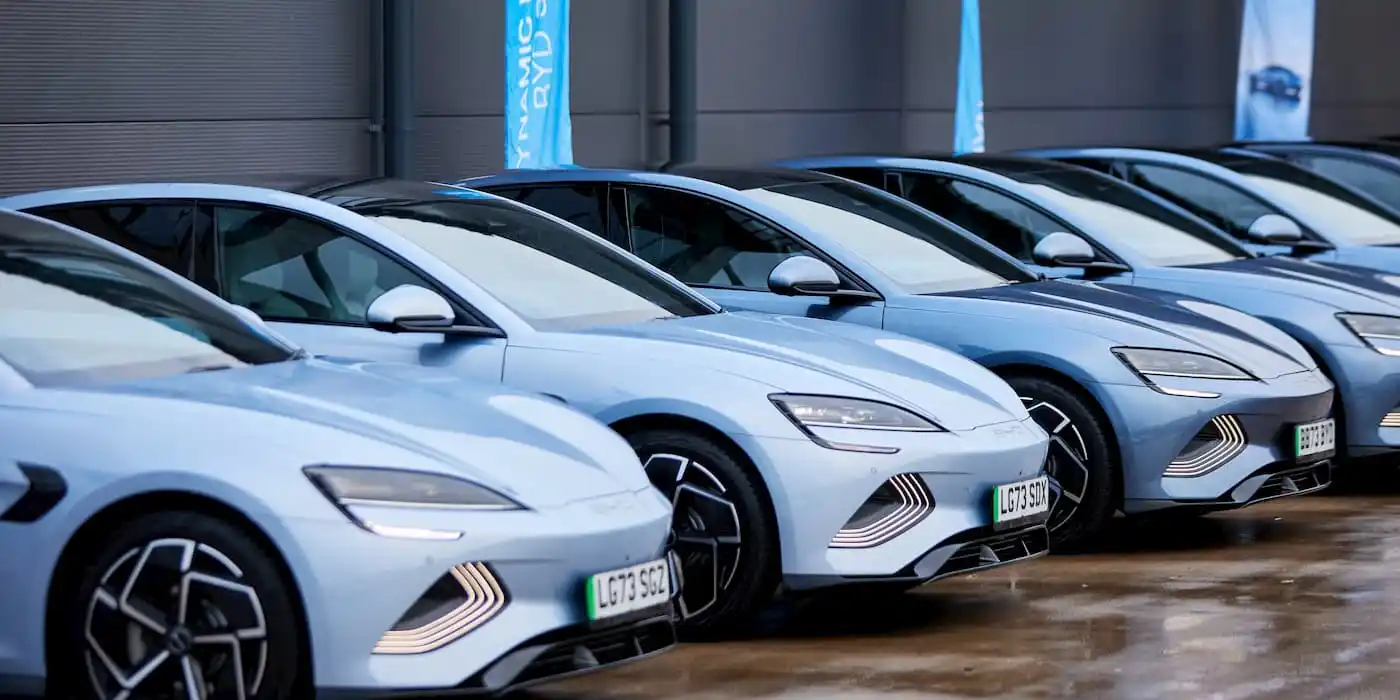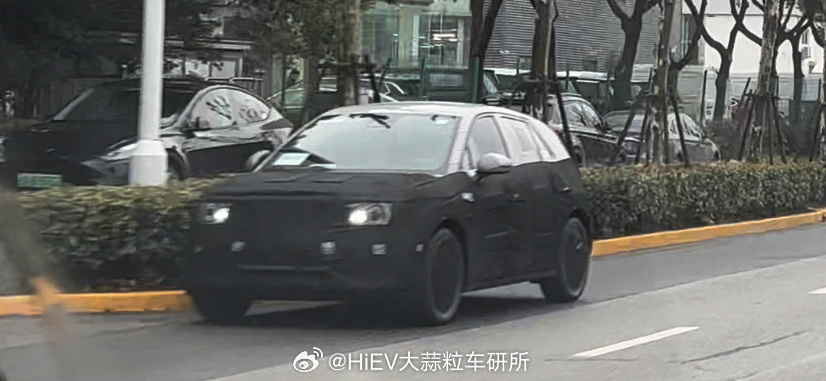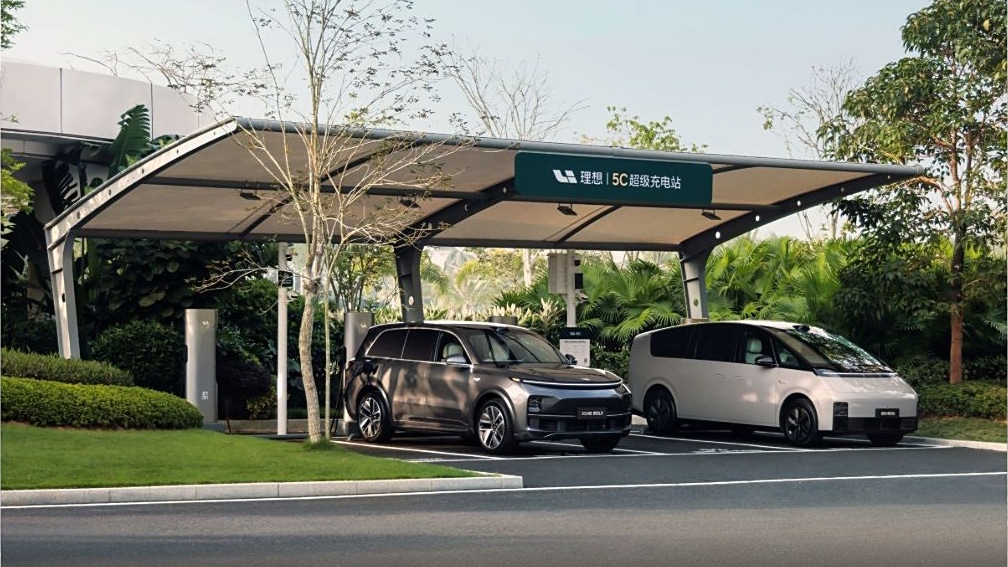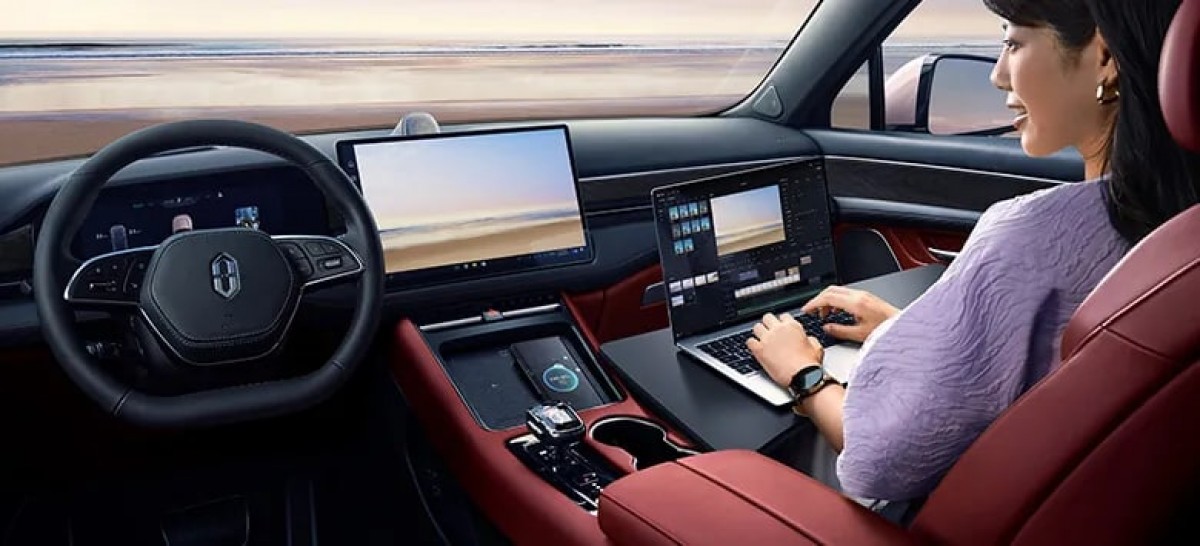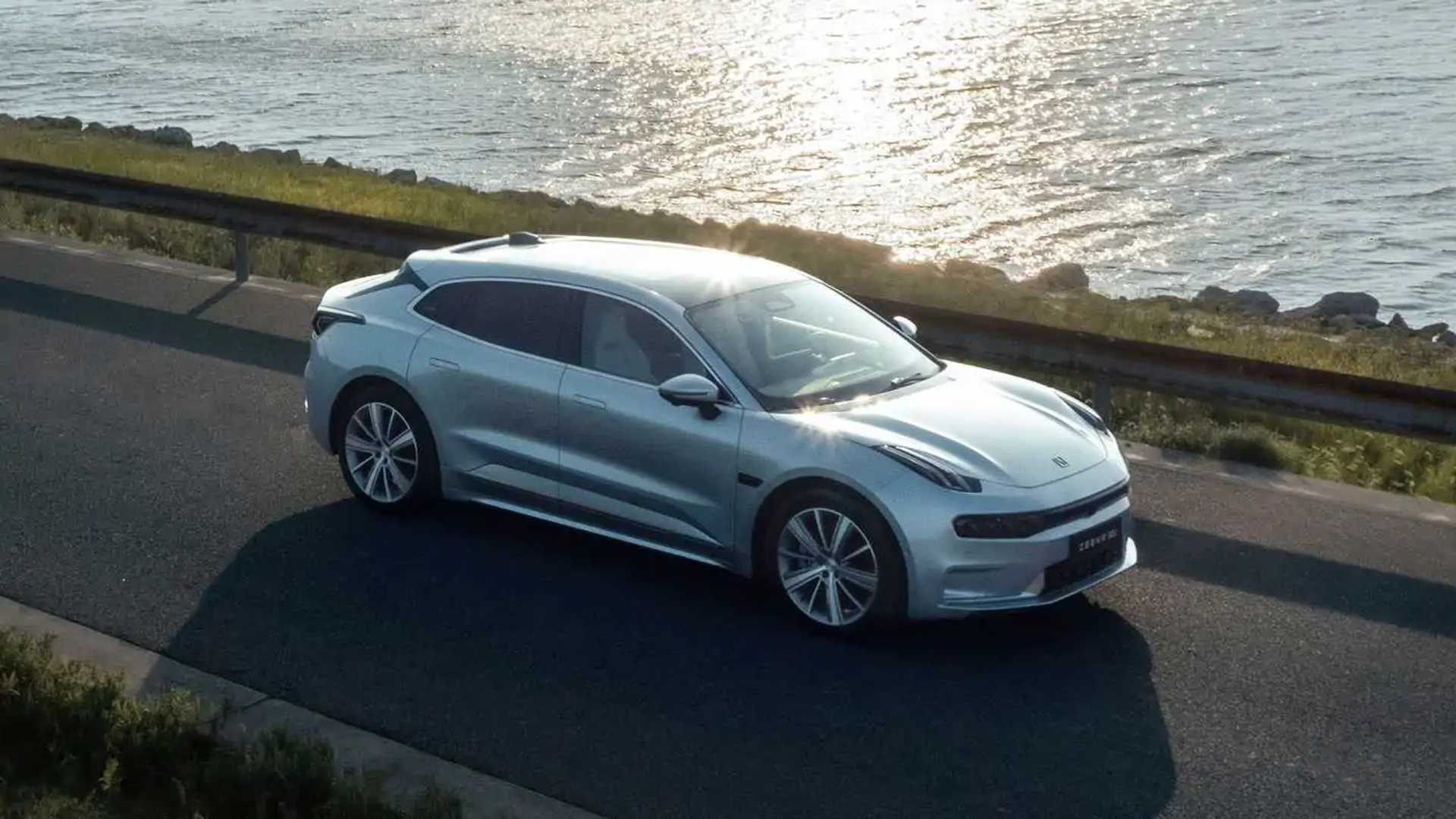The European Union has slightly revised its proposed tariffs on electric vehicles (EVs) imported from China following consultations with affected companies, Bloomberg reported on June 26, citing sources familiar with the matter.
According to the report, SAIC Motor Corp will now face additional tariffs of 37.6 percent, down from the initially proposed 38.1 percent. Similarly, Geely Automobile Holdings Ltd will see tariffs at 19.9 percent, slightly lower than the previous 20 percent. Meanwhile, BYD’s tariff remains unchanged at 17.4 percent.
See also: China’s EV Production to Surpass 10 Million Units in 2024
The new provisional rates are set to be imposed on top of the existing 10 percent tariff currently levied on these imports.
For other Chinese EV manufacturers that cooperated with the investigation but were not sampled, the weighted average tariff will be 20.8 percent, a slight decrease from the earlier announced 21 percent.
Companies that did not cooperate with the investigation will face a revised tariff rate of 37.6 percent, which was reduced from the previously proposed 38.1 percent.
See also: China and EU to Discuss New Import Tariffs on Chinese EVs Amid Trade Tensions
These provisional tariffs are scheduled to take effect on July 4, with definitive duties expected to be implemented in November, according to the Bloomberg report.
Tesla, which requested to be sampled, may receive an individually calculated duty rate at the definitive stage of the investigation.
The European Commission initiated an anti-subsidy investigation into Chinese-origin EV imports on October 4, 2023. On June 12, 2024, the Commission pre-disclosed the provisional duty levels as part of its ongoing inquiry.
See also: China Urges EU to Reconsider Electric Vehicle Tariffs as Talks Resume
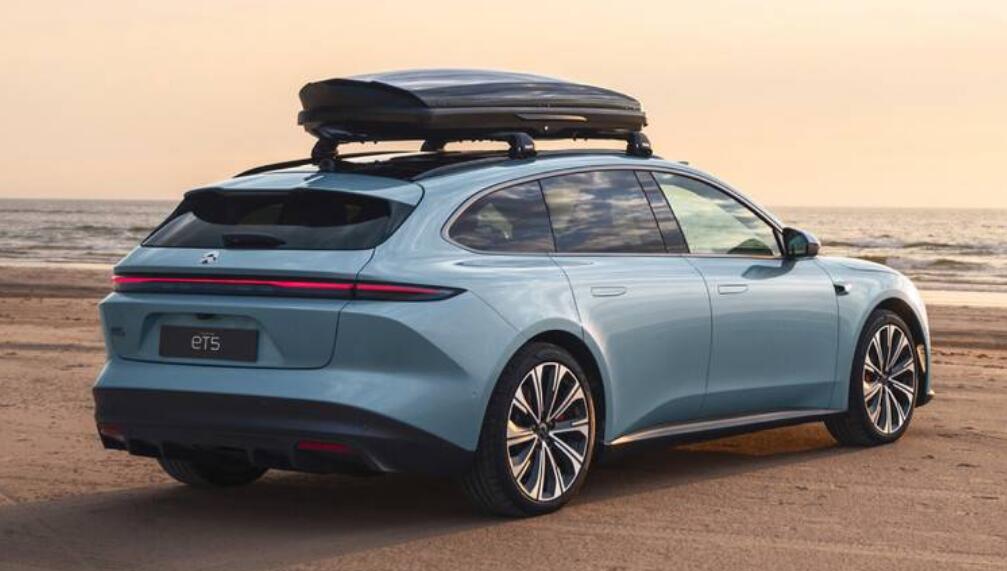
China has expressed opposition to the proposed tariffs and called on the EU to address economic and trade frictions through dialogue and consultation. The Ministry of Commerce of China announced on June 22 that both parties agreed to initiate consultations on the matter.
Notably, Nio and Xpeng, prominent Chinese automakers in the European market, were part of the investigation but were not sampled. Bloomberg’s latest report indicates they would face a revised additional tariff rate of 20.8 percent, slightly lower than the previously announced 21 percent.

